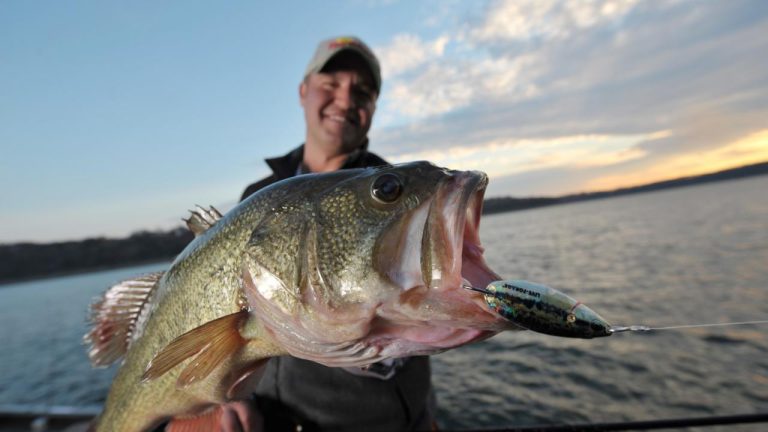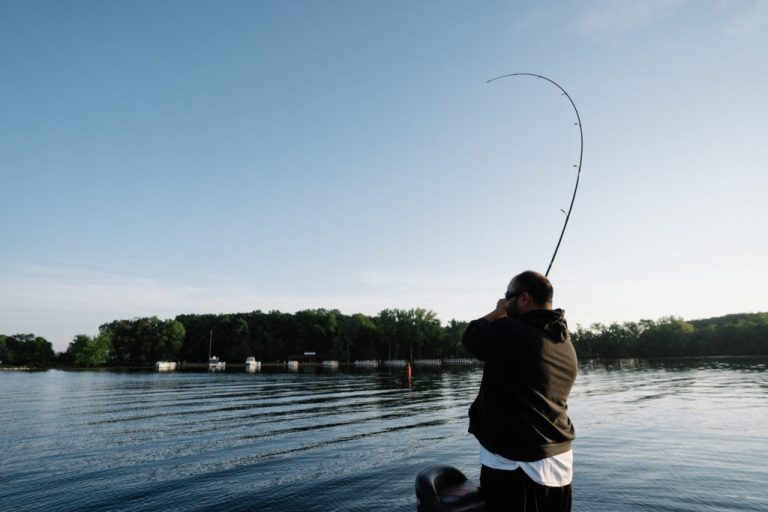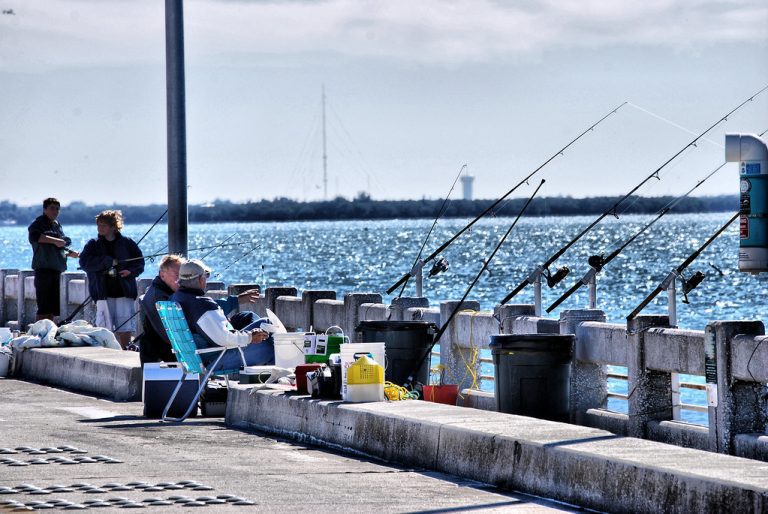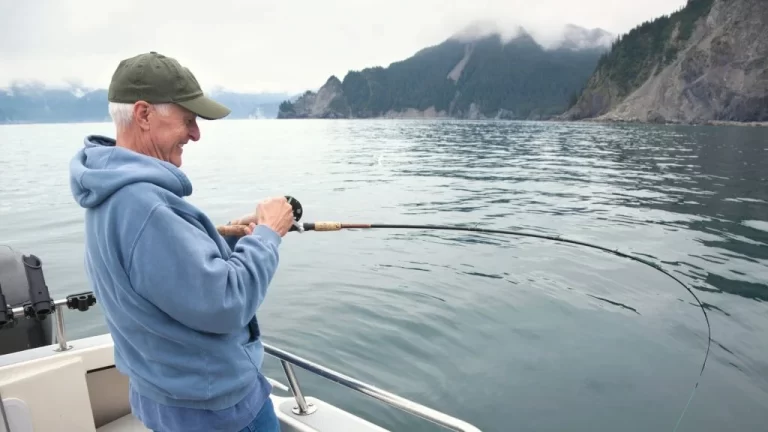Arkansas has a thriving commercial fishing industry, with regulations in place to ensure sustainable management of aquatic resources. If you plan to engage in commercial fishing activities in the state, you’ll need to obtain the appropriate licenses and permits. Here’s what you need to know:
Resident Commercial Fishing Permit and License
To purchase commercial fishing tackle tags or operate commercial fishing gear in Arkansas, you must have a valid Resident Commercial Fishing Permit and Sportfishing License (CFS). This combination permit costs $25 and expires on December 31st of each year.
Exceptions:
- Individuals aged 65 or older, or youths, must obtain a Junior/Senior Commercial Fishing Permit ($14.50) instead of the Resident Commercial Fishing Permit.
- A person with a Resident Commercial Fishing Helper’s Permit ($25) and a valid Resident Fisheries Conservation License can operate the properly tagged tackle of the permitted commercial fisher for whom they hold the permit.
Sale of Wild-Caught Aquatic Wildlife
It is unlawful to sell or attempt to sell Arkansas wild-caught commercial aquatic wildlife without a current Resident Commercial Fishing Permit and Sportfishing License. A bill of sale or receipt of transfer with the permit number must accompany all sales to fish markets, processors, or retailers. These records must be retained for 12 months and made available for inspection.
Commercial Fishing Regulations
Arkansas has specific regulations governing commercial fishing activities, including:
- Seasonal restrictions on certain waterbodies
- Minimum size limits for certain species (e.g., 16 inches for catfish and buffalo fish)
- Prohibited areas for commercial fishing (e.g., within the Arkansas River Navigation System)
- Reporting requirements for commercial harvest
Commercial fishers must familiarize themselves with these regulations and obtain any necessary permits or tags for specific fishing gear, such as hoop nets, slat traps, trotlines, and seine/trammel/gill nets.
Conservation Efforts
A portion of the revenue generated from commercial fishing licenses and permits supports conservation initiatives, habitat restoration, and public access to fishing opportunities in Arkansas.
It’s important to note that violating commercial fishing regulations can result in penalties ranging from fines to license suspensions or revocations, depending on the severity of the offense.
By obtaining the proper licenses and adhering to regulations, commercial fishers in Arkansas can contribute to the sustainable management of the state’s aquatic resources while supporting their livelihoods.





